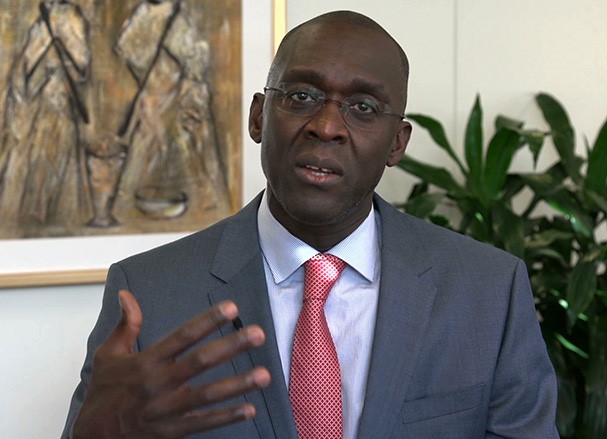New World Bank research from 18 countries shows urgent action on water and sanitation is key to tackle poverty

Reaching the Sustainable Development Goal (SDG) of access to safely managed water and sanitation services by 2030 will require countries to spend $150 billion per year. A fourfold increase in water supply, sanitation, and hygiene (WASH) investments compared to what is spent today, this is out of reach for many countries, threatening progress on poverty eradication.
A World Bank report launched on Monday, August 28, 2017 at the World Water Week titled “Reducing Inequalities in Water Supply, Sanitation, and Hygiene in the Era of the Sustainable Development Goals” suggests that a drastic change is required in the way countries manage resources and provide key services, starting with better targeting to ensure they reach those most in need, and tackling inefficiencies to make sure public services are sustainable and effective.
Moreover, the report states that water, health, and nutrition interventions need to be coordinated to make substantive progress in the fight against childhood stunting and mortality. While improving water and sanitation alone improves a child’s well-being, the impacts on a child’s future are even greater when combined with health, and nutrition interventions.
“Millions are currently trapped in poverty by poor water supply and sanitation, which contributes to childhood stunting and debilitating diseases such as diarrhea. To give everyone an equal chance at reaching their full potential, more resources, targeted to areas of high vulnerability and low access, are needed to close the gaps and improve poor water and sanitation services. This report provides a roadmap for closing that gap,” says Guangzhe Chen, Senior Director of the Water Global Practice of the World Bank.
Offering a comprehensive analysis of water and sanitation indicators, the research spans 18 countries around the world and, for the first time, pinpoints specific geographic regions within countries that have inadequate WASH services. It sheds light on major disparities in water supply and sanitation services between rural and urban, poor and non-poor areas.
The research finds a particularly stark contrast between urban and rural areas. Across the 18 countries, 75% of people who lack improved sanitation live in rural areas, and only 20% of rural inhabitants have access to improved water. This report provides policymakers with a baseline and guidance on how to better target investments to ensure that basic services reach the poorest communities and households.
Over two years, the research teams collected data on access to, and quality of, WASH services, including:
- In Nigeria, over 60% of the rural population live more than 30 minutes away from a working water source.
- In Indonesia, only 5% of urban wastewater is safely treated and disposed of, and children living in communities with open defecation during the first 1,000 days of life are 11 percentage points more likely to be stunted.
- In Bangladesh, E. coli was present in about 80% of water taps sampled, a similar rate to water scooped up from ponds.
- In Ecuador, 24% of the rural population drinks contaminated water; 21% of children are stunted and 18% are underweight.
- In Haiti, access to improved drinking water sources has declined in the last 25 years; access to improved sanitation is stagnant at 33%; and the number of households with access on premises to improved water has decreased from 15 to 7%.
“Water and sanitation services need to improve dramatically, or the consequences on health and well-being will be dire. Today, diarrhea is the second leading cause of death in children under 5. Poor children also suffer from intestinal diseases, which together with under-nutrition and infections contribute to stunting. We are risking the futures of our children: their potential is being stymied by unequal or uneven access to the services they require to thrive,” says Rachid Benmessaoud, Country Director in Nigeria.
The report highlights that, in many countries, services do not reach the poor because of poor implementation, not poor policy – and our children are suffering as a result. The report offers a fresh perspective on the complexities of why services fail, and how progress on improvements needs to navigate the broader political and governance environment in which service providers operate.
The research is part of the World Bank’s ongoing WASH Poverty Diagnostics initiative, which consists of 18 reports in client countries.
The 2017 World Water Week came to a close on Friday, September 1.
